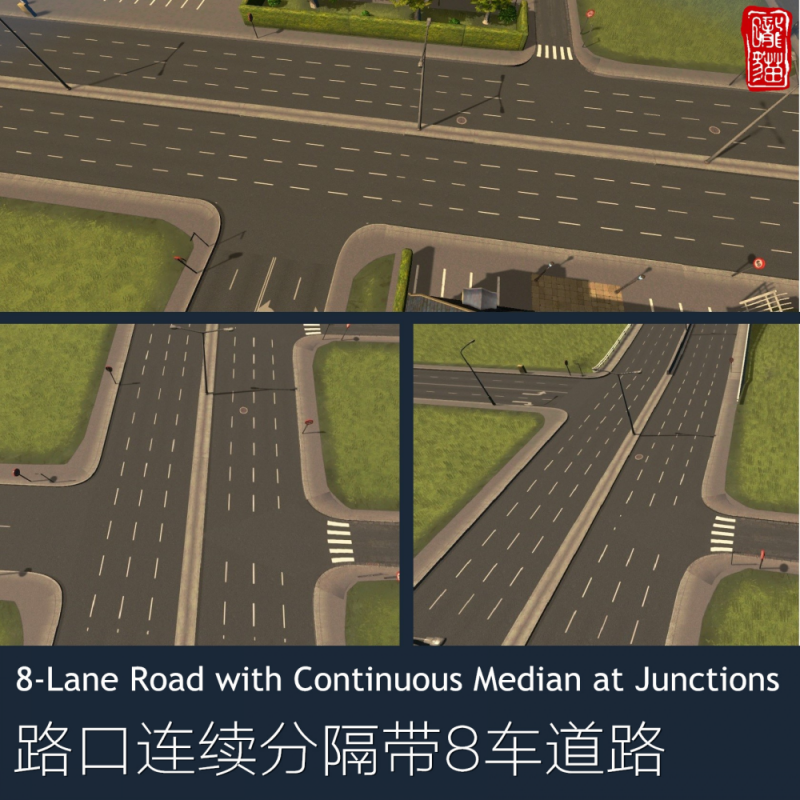
Suggested control and instrumentation systems for the management of process equipment and components are described and outlined in API RP 14C, which is still the arrangement utilized in the process industries. All process control systems should be monitored by operators and have the capability for backup control or override by human operators. However, other personnel are still needed to inspect and maintain the automatic controlling system. Automation is also thought to reduce operator manpower requirements. Increased efficiencies allow higher production outputs. Automatic control provides for closer control of the preprocess conditions and therefore increased efficiencies. Nolan, in Handbook of Fire and Explosion Protection Engineering Principles for Oil, Gas, Chemical, and Related Facilities (Fourth Edition), 2019 10.3 Instrumentation, Automation, and Alarm ManagementĪutomation and control of processing equipment by highly sophisticated computer control systems is the standard at process facilities. A summary was given in April 1976 at Science Magazine.ĭennis P. The study was never been published in its complete version. Within this study, a quantification of the raw materials and fuels required are estimated in order to get the overall environmental footprint for the awareness of the consumers. It is mentioned that the one of the first studies developed following the LCA methodology was carried out for the Coca-Cola Company to compare the environmental benefits and drawbacks associated with the use of plastic or glass bottles.

LCA methodology was introduced to the scientific community in the early 1960s with the aim to evaluate the problems related to raw materials and energy supplies in the industrial sector. Hence, the Life Cycle Analysis (LCA) for the environmental aspects and the Life Cycle Costing (LCC) for the economic aspects will be given below. In this section, a more detailed description regarding the environmental and the economic tool will be given. LCM uses various procedural and analytical tools for different applications and integrates economic, social, and environmental aspects into an institutional context.

LCM is applicable for industrial and other organizations demanding a system-oriented platform for the implementation of a preventive and sustainability-driven management approach for a product service system. Generally, Life Cycle Management (LCM) is an integrated concept for managing the total life cycle of goods and services toward a more sustainable production and consumption. Grammelis, in Environment and Development, 2016 6.12.1 Definition of Life Cycle Methodology


 0 kommentar(er)
0 kommentar(er)
